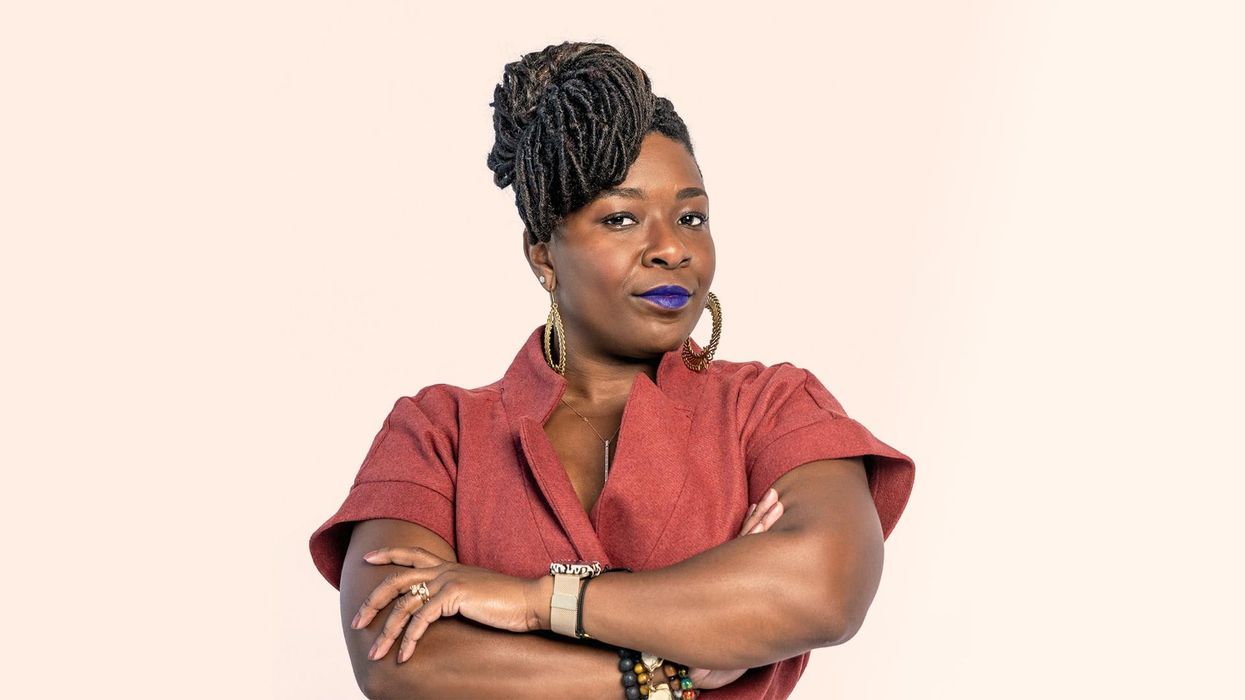Last week, the cannabis world saw the disconcerting news about Abner Kurtin, CEO, chairman and founder of Ascend Wellness.
If you missed it, Abner was arrested and charged with battery in Florida on September 5, 2022.
Apparently, Abner and his girlfriend Savannah Rose Siejka got into a verbal altercation while seated in a parked car.
According to an eye-witness account documented in the arrest affidavit, Abner was observed “striking” Siejka.
The witness account went on to detail Kurtin grabbing Siejka’s head and slamming it into the dashboard and that she raised her hands to avoid being hit.
Going off of this eyewitness account, police officers later tracked down Kurtin and Siejka at the Ritz-Carlton Residences, where Siejka said she was fine and nothing had happened.
Police however noted a couple of small bumps on Siejka’s face – they’re just pimples, she said – and arrested Kurtin, who was subsequently released on $1,500 bail.
The next day, Ascend Wellness (a multistate cannabis operator) released a short statement noting that they were “conducting an investigation of the matter with the assistance of independent legal counsel.”
Ascend Wellness’s stock price took an immediate 10 percent hit, but then in a misguided PR move Kurtin posted images of himself and Siejka on Twitter, together in bed with cheesy smiles – and brandishing a signed affidavit of non-prosecution by Savanna Seijka.
All this along with a one-word message: #potstocks.
Although the Twitter post was promptly deleted, somebody had already uploaded the images to imgur. Oops.
A Bad Look for the Cannabis Industry?
The initial online commentary following these events covered a wide spectrum of opinions and concerns.
Some questioned why more cannabis publications weren’t covering the story, adding that we can’t hide from this, and we need to hold ourselves accountable as an industry.
Others – including yours truly – suggested that this was a personal issue, rather than a cannabis issue. What makes this such a big story when the industry has much larger issues?
However, I was wrong. The Abner Kurtin story is worth covering for more reasons than one.
Digging into some of the online comments, particularly some of the convos on reddit, where a few users offered anecdotal reports about how horrible it is to work with Kurtin and at Ascend Wellness, reminded me of just how toxic a lot of cannabis industry workplaces have become (or always were).
Toxic Company Cultures in Cannabis
A few years ago, I put together a whitepaper, where I interviewed dozens of people about their negative workplace experiences in cannabis.
On the condition of anonymity, these people relayed horrifying stories about hostile, toxic company cultures and workplace abuse.
Everything from sexual harassment, screwing people out of their own companies, dangerous workplace conditions, lack of cannabis education/training, disregarding of expertise, zero HR processes, withholding pay, and even dispensaries upselling old ladies on more potent products despite doctor’s recommendations.
These stories came from smaller operations, as well as some of the biggest cannabis companies in the industry.
Suicide was also mentioned a few times.
All of this is absolutely heartbreaking.
And it's no wonder cannabis companies have such high turnover rates.
This type of behavior is unacceptable in any context, yet it’s pervasive across all industries. This is a toxic masculinity syndrome where douche bag leaders and CEOs with inflated egos turn someone’s job – maybe even their dream job – into a living nightmare.
With cannabis though, it’s even more painful when you think about the devastating impact of prohibition and all the work that’s gone into the reform movement, or how people get into this space because they want to help others, but instead they’re met with creepy and/or psycho bosses.
Working on that whitepaper almost broke me. I nearly left the cannabis industry out of sheer disgust and disappointment.
But then I realized, no. Quitting cannabis wouldn’t solve anything.
This Industry Needs Integrity and Accountability
We have to fight for a better industry because this plant and its ability to add value to people’s lives will never be totally realized if the industry is run into the grown by a bunch of assholes.
The cannabis industry was and is supposed to be better than this. We were supposed to build a paradigm industry, a space where it is fun to do business and which other industries could model.
This pattern of toxic behavior contradicts every lesson the plant teaches us: appreciation, humility, curiosity, diversity, inclusion, and beauty.
Psycho-jerk-money-whore assholes do NOT belong in this space. They are ruining efforts toward cannabis progress at a time the world needs it most.
We need leaders in this space who can drive progress as we strive to integrate cannabis into society as an everyday wellness product that adds serious value when used mindfully.
I don’t know Abner Kurtin, and I’m not accusing him of anything. If he needs help, I hope he gets it. Frankly, it sounds like he could use some cannabis. And if he really is beating his girlfriend, he’s a piece of shit, who ought to be held accountable.
Where there’s smoke, there’s fire. And when you see one cockroach pop up, you know there are plenty of others hiding behind the walls, waiting to scavenge every last crumb.
The cannabis industry needs a hotline for people to report any abuse or mistreatment. It’s the only way to clean out the infestation before it does any more damage.
Time for this industry to get its house in order.
Need a little more Bluntness in your life? Subscribe for our newsletter to stay in the loop.
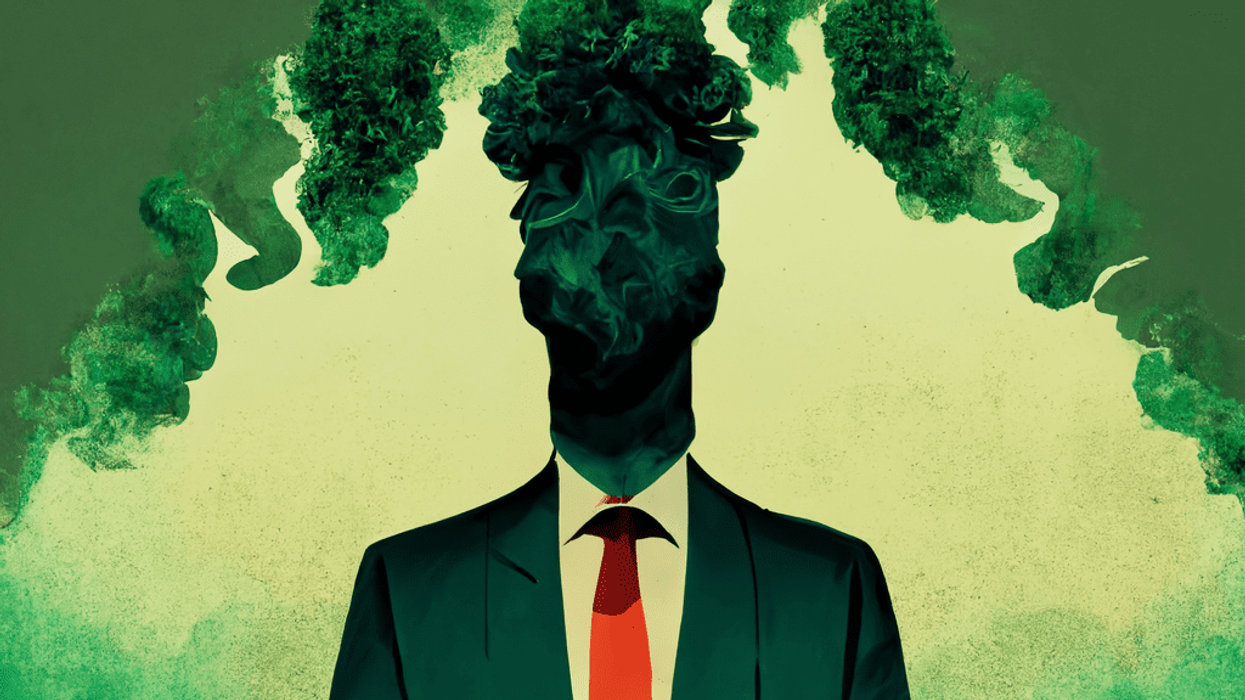


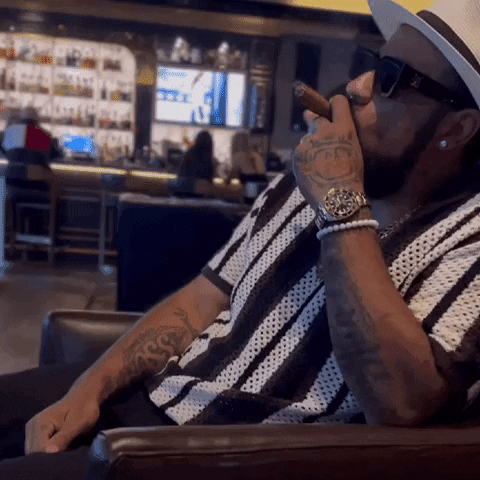









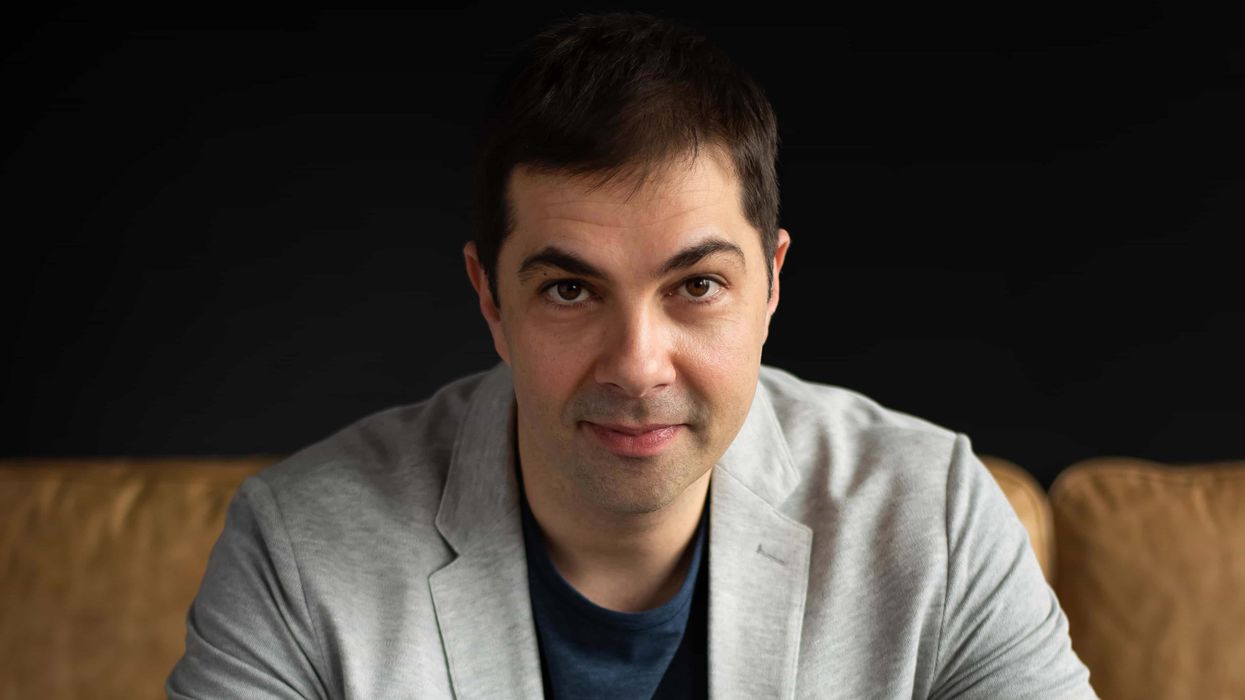
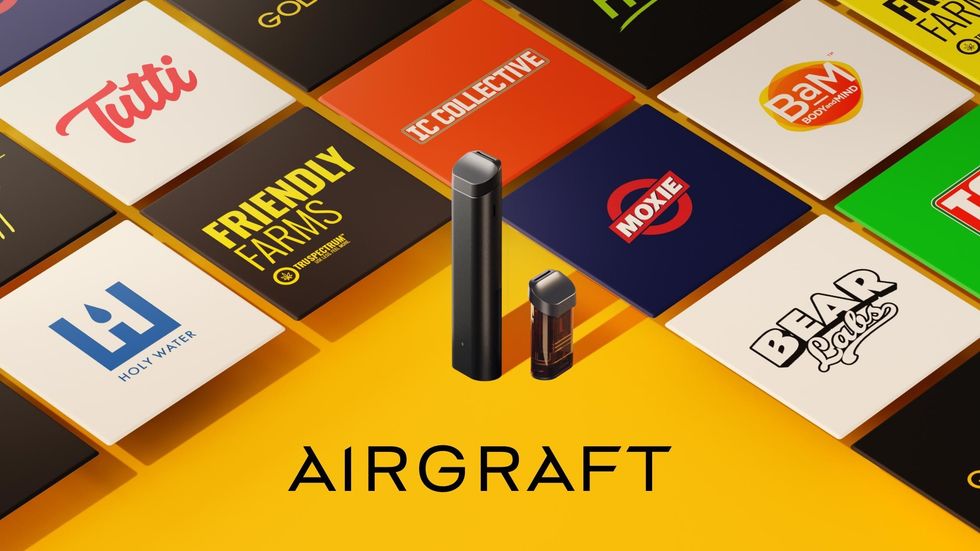 Airgraft has just disrupted cannabis concentrate vaping in more ways than one.
Airgraft has just disrupted cannabis concentrate vaping in more ways than one.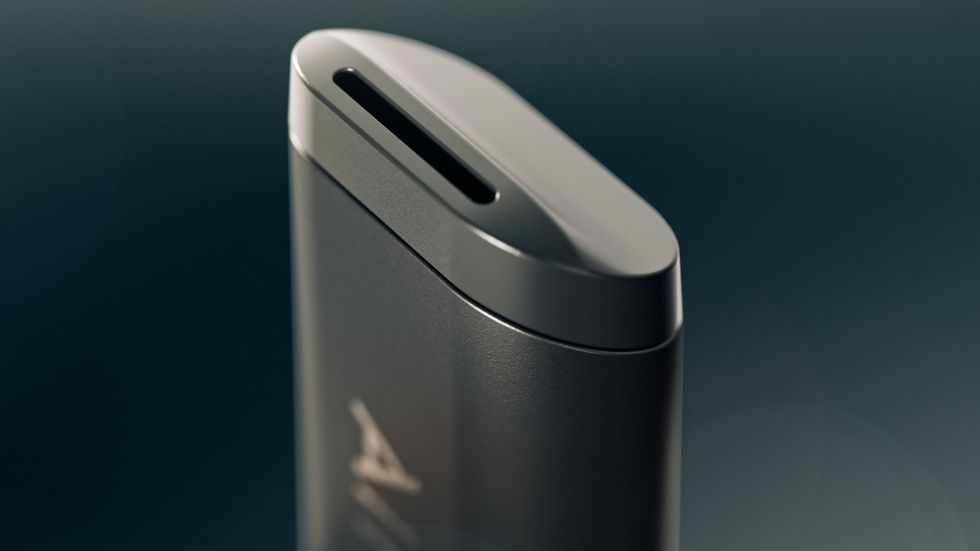 The Airgraft 2 is proving to be a game-changer for cannabis resin vaping.
The Airgraft 2 is proving to be a game-changer for cannabis resin vaping.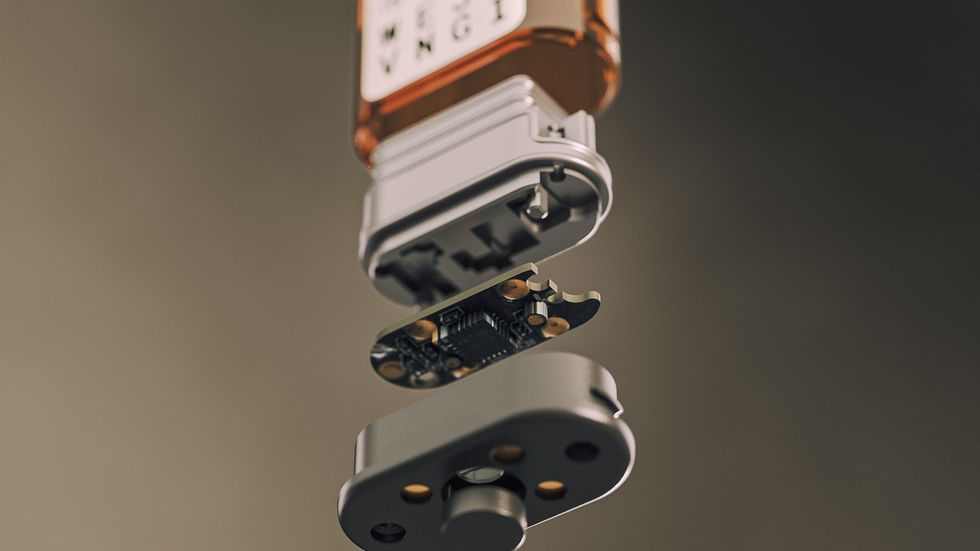 A lot of thought and expertise went into the design of Airgraft 2.
A lot of thought and expertise went into the design of Airgraft 2.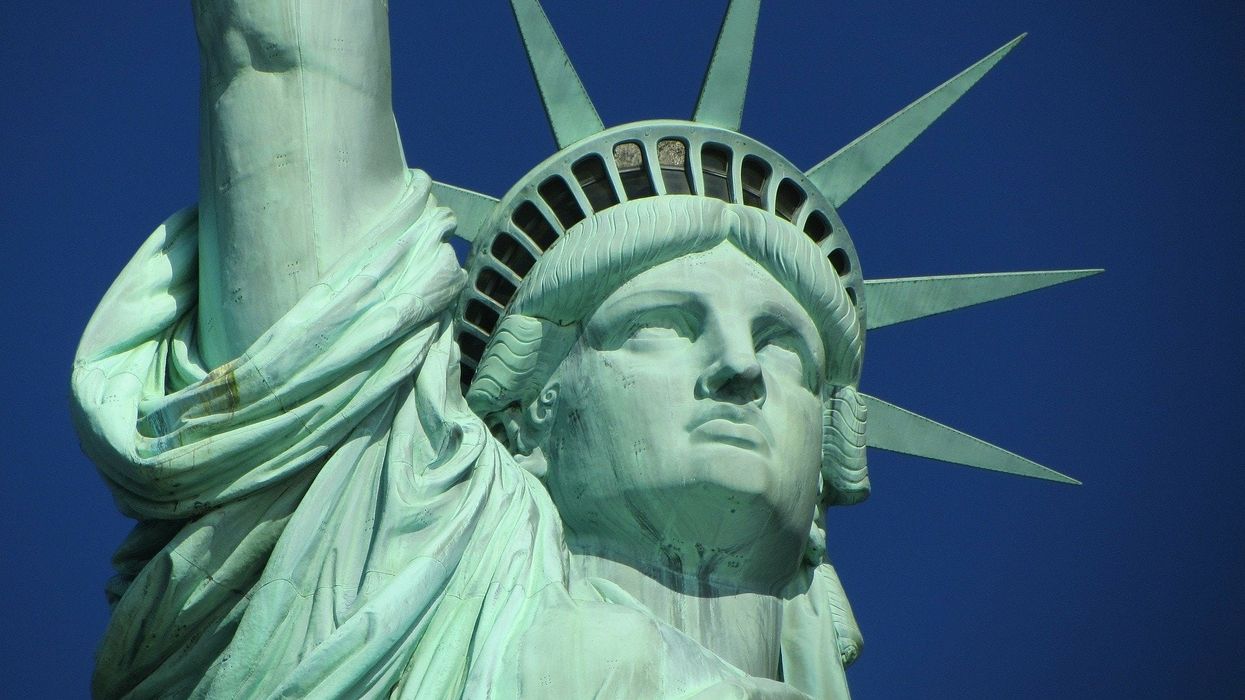
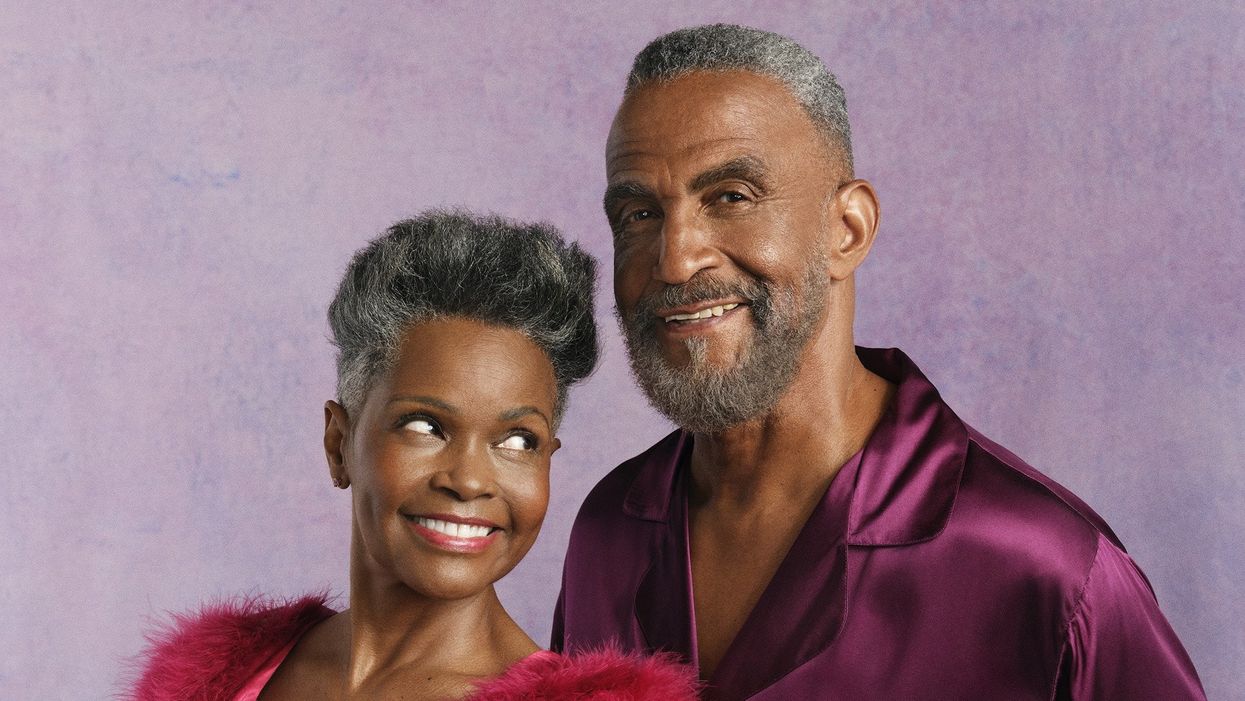
 Aligning cannabis with adult content does little to elevate the perception and acceptance of cannabis as a legitimate, respectable industry.
Aligning cannabis with adult content does little to elevate the perception and acceptance of cannabis as a legitimate, respectable industry. Aligning cannabis with adult content does little to elevate the perception and acceptance of cannabis as a legitimate, respectable industry.
Aligning cannabis with adult content does little to elevate the perception and acceptance of cannabis as a legitimate, respectable industry.